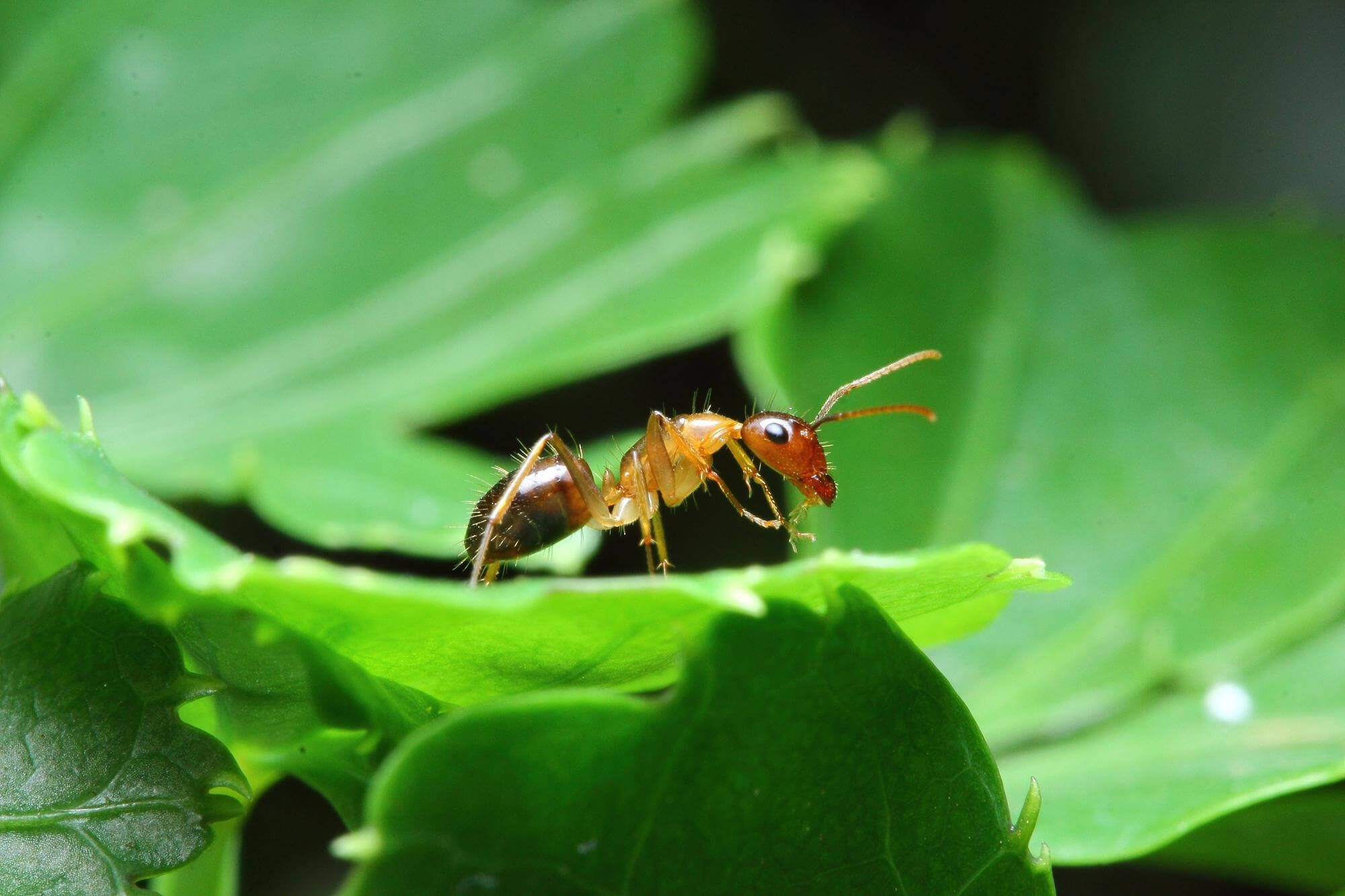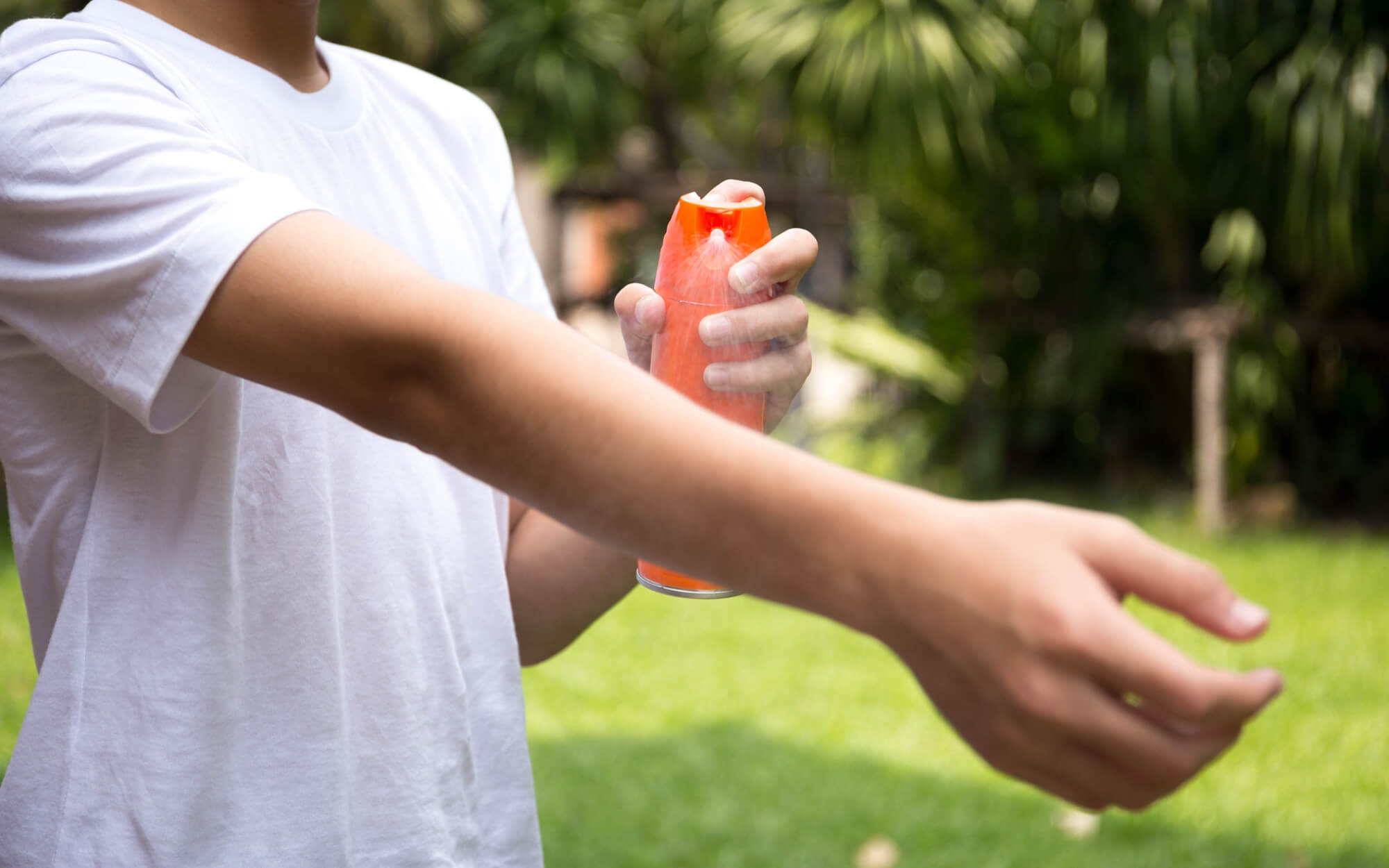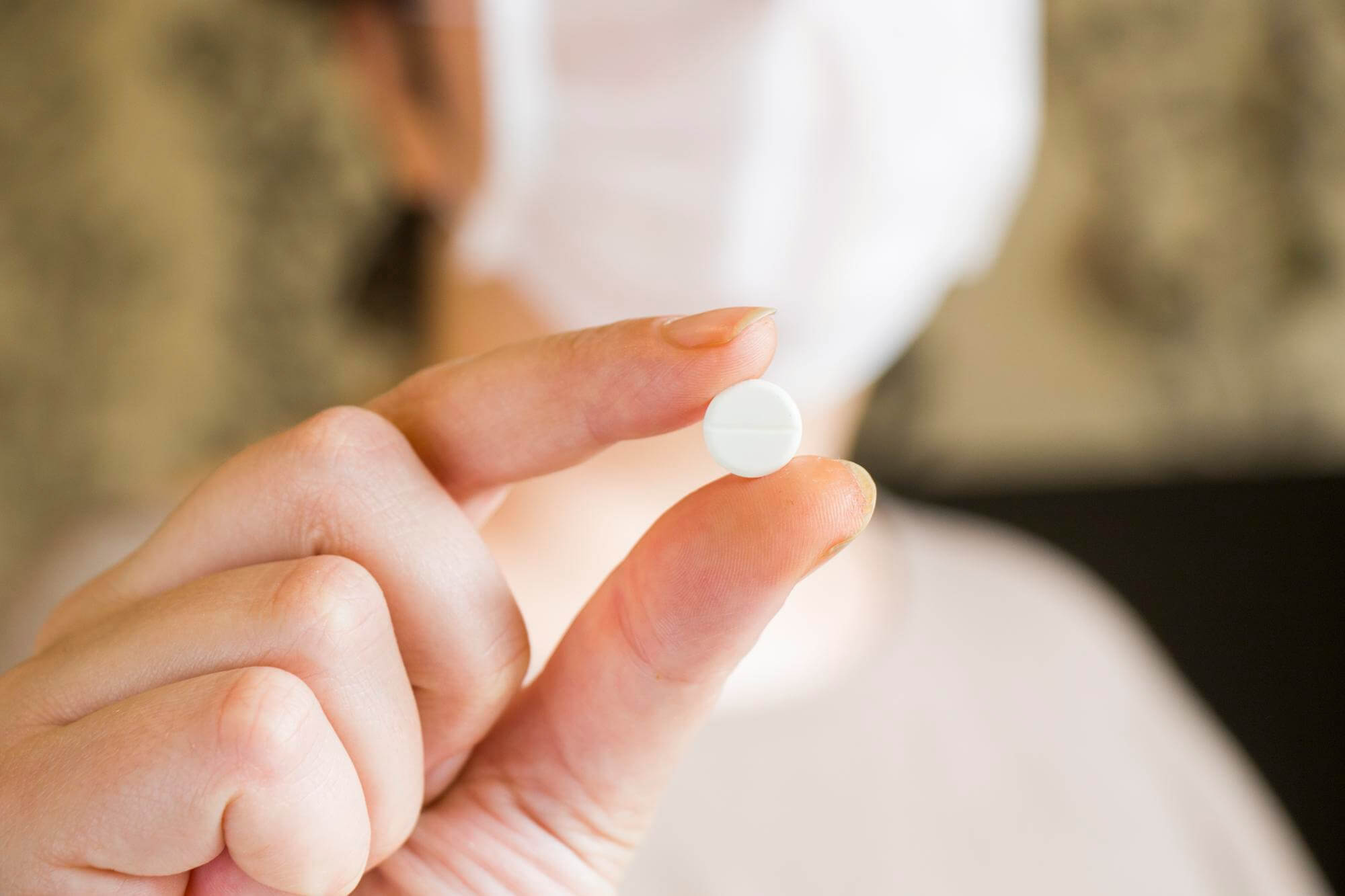Secrets of fighting insect bite allergy: symptoms and treatment


Irina Makarova
- Causes of insect bite allergies
- How to prevent an allergic reaction to insect bites?
- Treatment of insect bite allergies
- When should you see a doctor for an allergic reaction to insect bites?
- Features of treating insect bite allergies in children
- Features of insect bite allergies in pregnant women
- What to do in case of acute allergic reaction to insect bites?
- When should you call an ambulance?
- Medications for treating insect bite allergies
- What natural remedies can help with treatment?
An allergy to insect bites is an immune system reaction to the venom or saliva that may be present in the bite. Insect allergies can manifest as hives, itching, swelling, and even more serious conditions such as anaphylactic shock.
Causes of insect bite allergies
The main cause of insect bite allergies is an increased sensitivity of the immune system to certain substances that are present in the venom or saliva of insects. As a result, when an insect bites, the human immune system begins to produce antibodies, causing an allergic reaction to the insect bite.
How to determine if you have an allergy to insect bites?
Allergy to insect bites can manifest itself in various symptoms, including redness, itching, swelling, inflammation, and pain at the site of the bite. In some cases, insect bite allergies can cause general symptoms such as headache, nausea, fatigue, and fever. To accurately determine an allergy to insect bites, you should see an allergist.
How to prevent an allergic reaction to insect bites?

To prevent insect bites and possible allergic reactions to them, special repellents can be used, which are applied to the skin or clothing. It is also important to wear closed clothing and avoid bright colors that may attract insects. In home conditions, mosquito nets and ultrasonic repellents can be used.
What insects can cause allergies?
There are many insects whose bites can cause an allergic reaction. The most common of them are bees, wasps, ants, mosquitoes, ticks, flies and midges. The reaction to the bites of these insects can be individual and depend on the degree of sensitivity of the organism.
Treatment of insect bite allergies

To relieve the symptoms of insect bite allergies, antihistamines (tablets, drops, ointments) can be used to help reduce itching, swelling, and inflammation. Anti-inflammatory medications and creams containing glucocorticoids may also be recommended. In cases of more severe reactions, such as anaphylactic shock, immediate medical attention is necessary.
When should you see a doctor for an allergic reaction to insect bites?
You should see a doctor if your symptoms worsen over several days or are accompanied by general malaise, fever, and difficulty breathing. It is also advisable to visit a doctor if you have frequent allergic reactions to insect bites to discuss the possibility of allergy testing and immunotherapy.
Features of treating insect bite allergies in children
In children, insect bite allergies are treated with antihistamines, but the dosage and type of medication should be chosen by a doctor depending on the child's age and individual characteristics. It is important to avoid self-treatment and strictly follow the specialist's recommendations.
Features of insect bite allergies in pregnant women

In pregnant women, the treatment of insect bite allergies should be carried out under the supervision of a doctor, as some medications may be contraindicated during pregnancy. The doctor may prescribe safe antihistamines and recommend local remedies for itching and swelling.
To prevent allergic reactions to insect bites in pregnant women, a number of precautions should be taken, such as:
- Using repellents approved for pregnant women.
- Wearing closed and light-colored clothing to reduce the likelihood of bites.
- Installing mosquito nets on windows and doors to prevent insects from entering the living area.
- Avoiding areas with increased insect activity, such as forested areas and bodies of water.
What to do in case of acute allergic reaction to insect bites?
In case of an acute allergic reaction to insect bites, the following actions should be taken immediately:
- Remove the insect sting if it remains in the skin.
- Wash the bite site with cold water and soap and apply a cold compress.
- Take an antihistamine if available and not contraindicated.
- In case of severe symptoms such as difficulty breathing, severe swelling or loss of consciousness, immediately call for emergency medical assistance.
When should you call an ambulance?
An ambulance should be called if a person experiences symptoms of anaphylactic shock, such as difficulty breathing, severe swelling, loss of consciousness, dizziness, nausea, or a sudden drop in blood pressure. Such a reaction requires immediate medical attention as it can be life-threatening.
Medications for treating insect bite allergies

The following medications can be used to treat insect bite allergies:
- Antihistamines (tablets, drops, creams - fenistil, cetirizine, loratadine, fexofenadine, desloratadine, levocetirizine) - help to reduce itching, swelling, and inflammation.
- Glucocorticoids (creams, ointments - hydrocortisone, prednisolone, methylprednisolone, betamethasone) - have anti-inflammatory effects and are effective in moderate to severe allergic reactions.
- Adrenaline (epinephrine) - is used in cases of anaphylactic shock, but its use is only possible under the supervision of medical personnel.
What natural remedies can help with treatment?
Some folk remedies can alleviate symptoms of insect bite allergies, but they are not a substitute for medical treatment. Here are some of them:
- Cold compress - can reduce itching and swelling at the site of the bite.
- Aloe vera - has a calming and anti-inflammatory effect on the skin.
- Baking soda solution - mix a small amount of baking soda with water and apply to the bite area to reduce itching.
In conclusion, insect bite allergies are a common phenomenon that can cause discomfort and serious complications. Proper knowledge of the causes, symptoms, and treatment methods will help prevent or eliminate allergic reactions in a timely manner. It is important to use repellents and protective equipment, consult a doctor at the first signs of an allergy, and follow their recommendations. Along with this, pay attention to the peculiarities of treatment in children and pregnant women, as well as act decisively in case of an acute allergic reaction.
New materials
Popular Articles
We recommend reading
Contact us in the Contact Us section to ask questions, offer ideas, or for more information about our allergy resource.
Our articles are your trusted source of allergy knowledge. Learn how to make life with allergic reactions easier on our specialized portal.
©
Lechenie-Allergii.com. All rights reserved.
© Lechenie-Allergii.com. All rights reserved.
The information on this site is for informational purposes only and is not a substitute for professional medical advice. We recommend consulting with qualified medical professionals for accurate information and advice.
 English
English  Українська
Українська  Русский
Русский 









